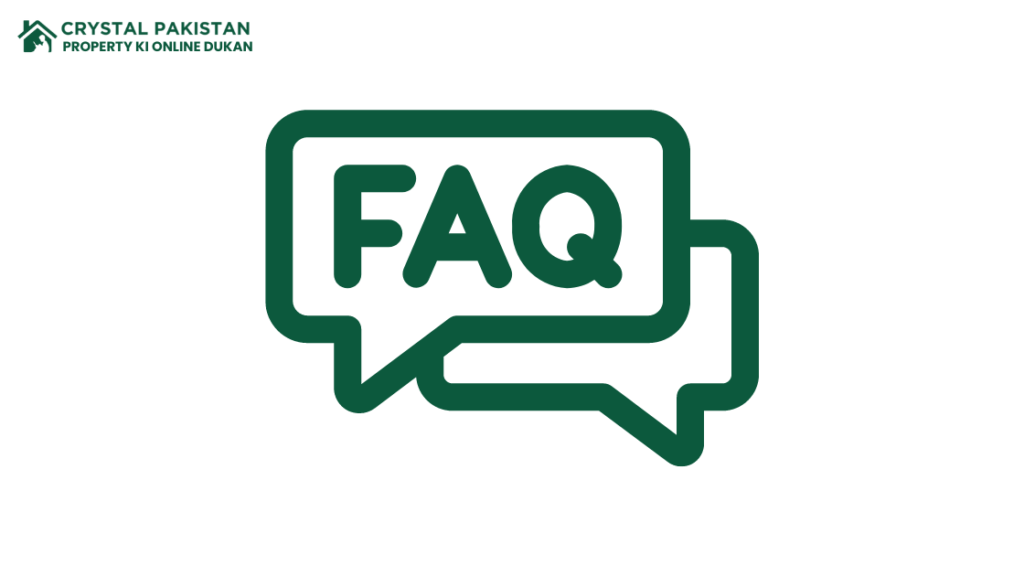How to Conduct a 1031 Exchange for Property Investment in Pakistan
If you’re a property investor in Pakistan looking to optimize your investments and potentially defer taxes, a 1031 exchange could be a valuable tool in your arsenal. A 1031 exchange, also known as a like-kind exchange, allows you to swap one investment property for another without incurring immediate tax liabilities on the capital gains. In this comprehensive guide, we’ll walk you through the process of conducting a 1031 exchange for property investment in Pakistan.
Introduction to 1031 Exchange
In the world of real estate investment, a 1031 exchange has become a powerful tool for property investors to optimize their portfolios. This method allows investors to sell a property and reinvest the proceeds in another property, all while deferring the capital gains tax that would typically be incurred upon sale. This process is governed by Section 1031 of the Internal Revenue Code and comes with its own set of rules and regulations.
Understanding the Basics
At its core, a 1031 exchange involves the exchange of “like-kind” properties. This doesn’t mean the properties need to be identical, but they must be of the same nature or character. For example, you could exchange a residential rental property for a commercial property or vice versa. This flexibility opens doors for investors to diversify their portfolios while still enjoying the tax benefits.
Benefits for Property Investors
The primary benefit of a 1031 exchange is the potential to defer capital gains tax. This allows investors to keep more of their funds working for them in the real estate market, enabling faster portfolio growth. Additionally, by continuously exchanging properties, investors can take advantage of compounding returns and leverage to build substantial wealth over time.
Eligibility and Qualifying Properties
Before embarking on a 1031 exchange journey, it’s crucial to understand the eligibility criteria and the types of properties that qualify for such exchanges.
Identifying Like-Kind Properties
Conclusion
In conclusion, conducting a 1031 exchange for property investment in Pakistan can be a game-changing strategy for investors aiming to grow and optimize their portfolios. This method, backed by Section 1031 of the Internal Revenue Code, offers significant tax advantages and allows investors to make strategic property swaps while deferring capital gains tax.
By navigating the complexities of the process, understanding eligibility criteria, and adhering to legal requirements, property investors in Pakistan can harness the power of 1031 exchanges to achieve their investment goals and build long-term wealth.

FAQs (Frequently Asked Questions)
Is a 1031 exchange applicable to all types of properties?
While most real properties can qualify, there are certain exclusions like primary residences.
What is the timeline for identifying a replacement property?
Typically, you have 45 days from the sale of your property to identify potential replacement properties.
Can I perform a 1031 exchange with properties located outside of Pakistan?
No, 1031 exchanges are limited to properties within the same country.
Are there any restrictions on how many times I can do a 1031 exchange?
There’s no set limit, but each exchange must meet the criteria outlined by the IRS.
How can I ensure compliance with Pakistani property laws during the exchange?
It’s advisable to work with legal and financial professionals experienced in both property law and tax regulations.



